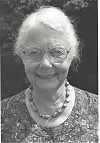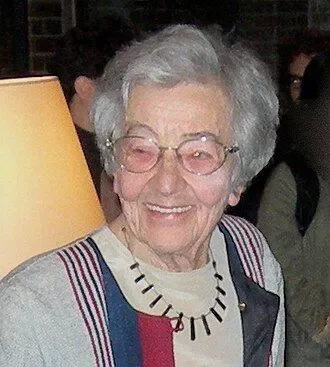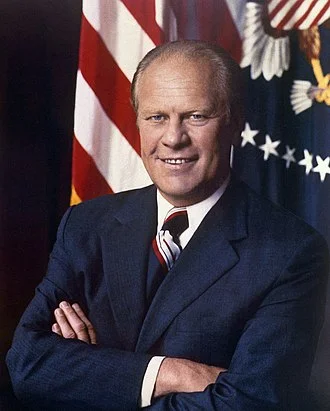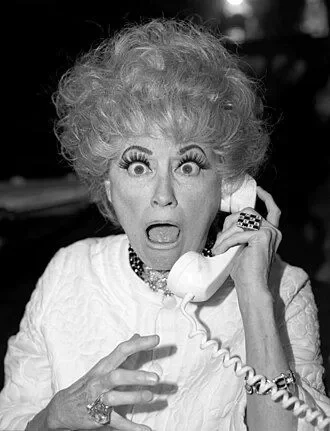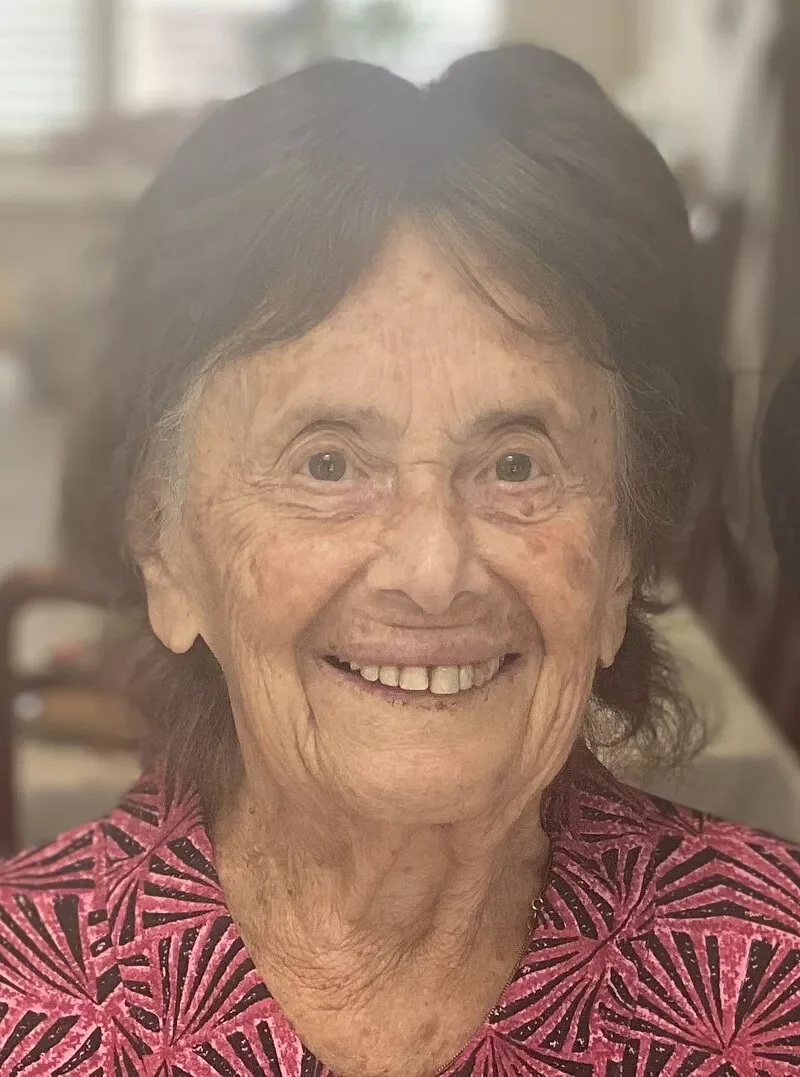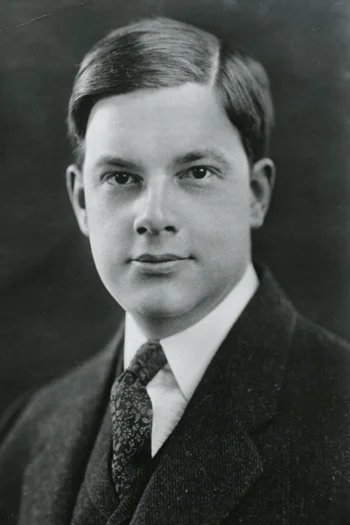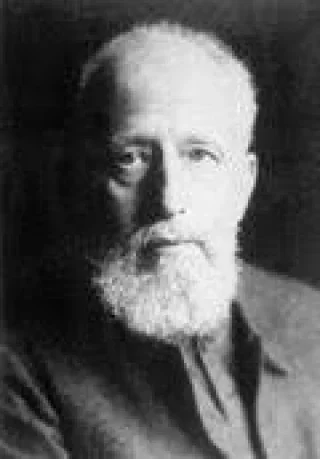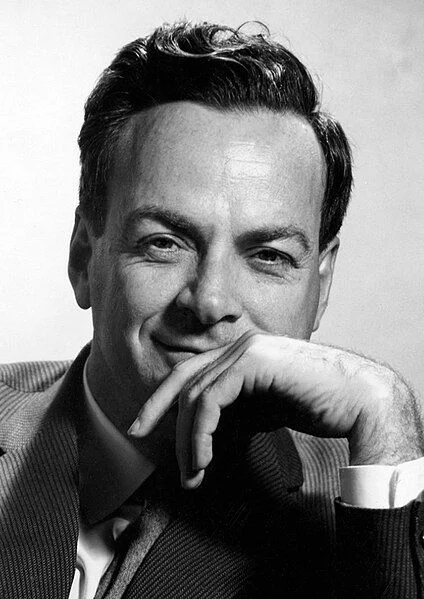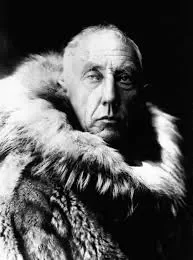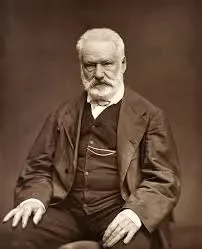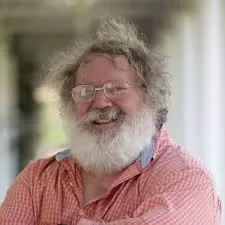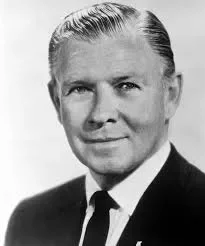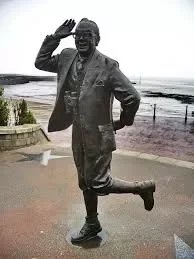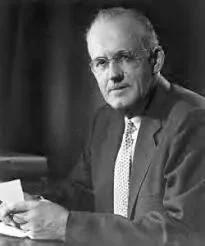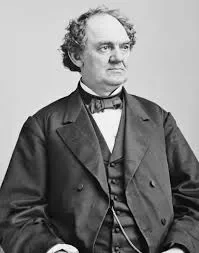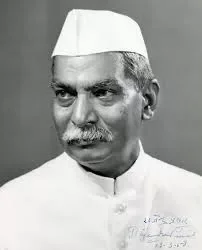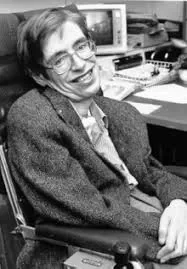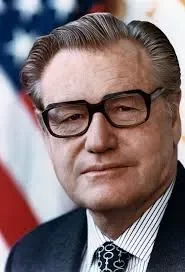Real Celebrities Never Die!
OR
Search For Past Celebrities Whose Birthday You Share
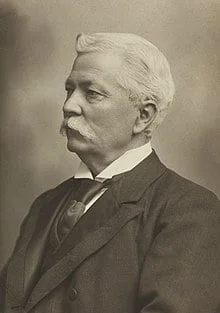
source:.wikimedia.org
Henry Morton Stanley
Birthday:
28 Jan, 1841
Date of Death:
10 May, 1904
Cause of death:
Pleurisy
Nationality:
American, British
Famous As:
Author
Age at the time of death:
63
Henry Morton Stanley's Quote's
Early Life and Struggles
Sir Henry Morton Stanley was among the few names that resonated in the annals of exploration and adventure. He was a well-renowned Welsh-American explorer, journalist, soldier, colonial administrator, author, and politician famous for his exploration of Central Africa.
Henry Morton Stanley was born John Rowlands on January 28, 1841, in Denbigh, Wales. His mother Elizabeth Parry abandoned him as an infant, leaving him with the burden of being labeled a bastard. He was raised by his grandfather until the age of 5. Stanley’s formative years were marked by adversity. Following his grandfather’s death, he endured abuse from various relatives but eventually found himself in the harsh conditions of the workhouse for the poor. The abuse he suffered during his time at the workhouse left an indelible mark on Stanley’s early life.
A New Beginning in America
At the age of 18, in 1859, young Rowlands sought a new beginning in the United States. Rowlands arrived in New Orleans and accidentally encountered Henry Hope Stanley, a prosperous trader. This meeting transformed his life, as he was welcomed into a childless man’s world. During the outbreak of the American Civil War, Stanley reluctantly joined the conflict. Enlisting on both sides of the American Civil War showcased Stanley’s resilience and adaptability. His subsequent recruitment into the Indian Peace Commission initiated his foray into journalism. The connection with James Gordon Bennett of the New York Herald elevated Stanley into the realm of international correspondents. His defining moment came in 1869 when Bennett’s son commissioned him to find the elusive David Livingstone in Africa.
The Search for David Livingstone
It was this particular mission that catapulted him into the realm of exploration. Stanley’s career unfolded with the successful encounter with Livingstone on November 10, 1871, near Lake Tanganyika. This accomplishment not only solidified his place in history but also paved the way for further exploration. His subsequent expeditions, including tracing the Congo River to the sea, contributed significantly to the understanding of African geography. In 1874, Stanley embarked on another journey sponsored by the New York Herald and The Daily Telegraph to explore the Congo River. This expedition was not only an incredible adventure but also a pivotal moment in the history of African exploration.
Controversy and Later Expeditions
However, it was during this time that controversy surrounding Henry Morton Stanley began to intensify. His belief in the necessity of force and power to deal with what he deemed as “savages” led to accusations of cruelty. Despite the controversy, Stanley’s association with King Leopold II of Belgium continued. In 1886, Stanley undertook the Emin Pasha relief expedition and addressed the journey to rescue Emin Pasha, the governor of Equatoria in Southern Sudan. This journey was marked by extreme hardships and loss of life, revealing the harsh realities of African exploration. Stanley’s discoveries, including the Ruwenzori Range and Lake Edward, added to the geographic knowledge of the region but were overshadowed by the violent methods employed during the expedition.
Political Career and Later Life
Stanley’s return to Europe saw a shift in his career. He entered the British Parliament as a Unionist member for Lambeth, serving from 1895 to 1900. This political engagement reflected a new chapter in his life, demonstrating a multifaceted personality beyond his role as an explorer.
Legacy and Death
Henry Morton Stanley passed away in London on May 10, 1904, at the age of 63, leaving behind a legacy defined by both acclaim and criticism. Despite the controversy surrounding his methods, Stanley’s contribution to the geographical understanding of Africa and the opening of the continent to European interest cannot be overlooked.
Name:
Henry Morton Stanley
Popular Name:
Henry Morton Stanley
Gender:
Male
Cause of Death:
Pleurisy
Spouse:
Place of Birth:
Denbigh, Wales
Place of Death:
Westminster, London, England
Occupation / Profession:
Personality Type
Adventurer: Flexible and charming artists, always ready to explore and experience something new. He is an adventurous person who explores uncharted areas.
Despite his controversial legacy, Stanley played a significant role in the European exploration and colonization of Africa, including helping King Leopold II of Belgium establish the Congo Free State.
He famously greeted explorer David Livingstone with the words "Dr. Livingstone, I presume?" when he found him in Africa, though some historians believe this quote may have been fabricated.
Stanley's expeditions in Africa were known for their cruelty towards native populations, earning him the nickname "Bula Matari" or "Breaker of Rocks" for his harsh methods.
Stanley was born as John Rowlands in Wales and later changed his name after moving to the United States, where he fought on both sides during the American Civil War.
Vega Medal (1883)

